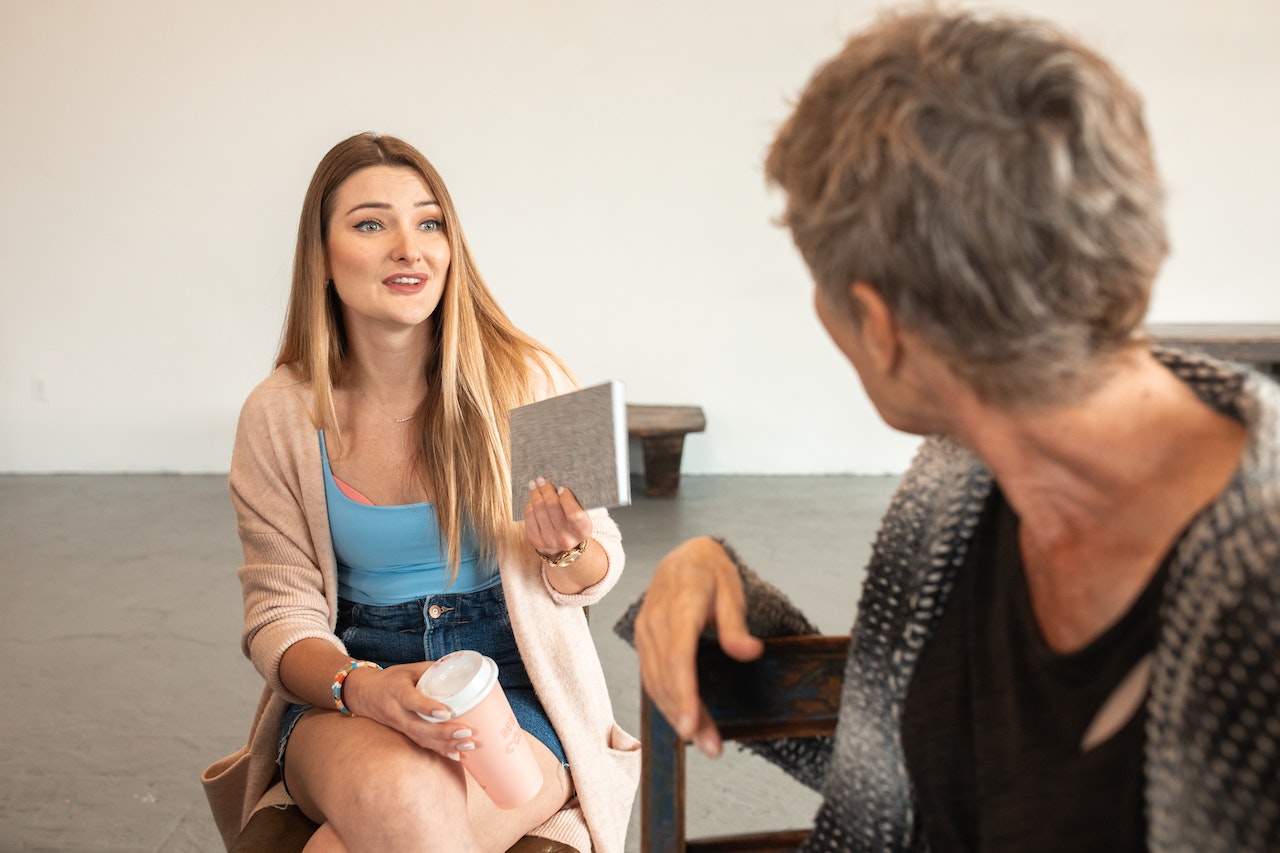Adult Education Spotlight: 5 Aspects of Social Awareness and Why Learners Should Understand Them
 Photo by RDNE Stock project under Pexels License
Photo by RDNE Stock project under Pexels License
Why Social Awareness Matters to Adult Learners
As an individual progresses into adulthood, they interact with others in the workplace, social settings, or their personal life. Unless they have social awareness, they’ll find it difficult to navigate through these situations.
Teaching social awareness to adult learners equips them with the skills needed to communicate effectively and build positive relationships, ultimately leading to success in all areas of life.
What Are the Different Aspects of Social Awareness?
Social awareness is a vital component of personal growth for adult learners because it equips them with the skills necessary to interact confidently and successfully with others. By developing social awareness, adult learners can build meaningful professional and personal relationships, work collaboratively, and contribute positively to their communities. To fully develop social awareness and achieve success in all areas of life, they must understand all aspects of this skill.
Goodwill Car Donations points out the following five aspects of social awareness:
- Identifying and understanding social cues
Social cues are nonverbal hints, such as body language, facial expressions, and tone of voice. These cues provide valuable information about the thoughts and feelings of others. Understanding these cues allows the learner to develop better social awareness and improve their ability to communicate effectively.
Educators can teach social cues by using a combination of visual aids, role-playing, and group discussion. For instance, an instructor can show pictures of people with different facial expressions and ask learners to identify the expressed emotions. They can also have learners practice the meaning behind different tones of voice in a conversation.
- Developing empathy
Empathy refers to the ability to understand and share the feelings of others. This ability is critical for building positive relationships because it helps individuals relate to others on a deeper level and show them their support and understanding.
Adult learners can develop empathy by engaging in activities that help them understand other people’s perspectives. For example, they can participate in role-playing scenarios that require them to put themselves in another person’s shoes. They can also read or watch stories that highlight different experiences and perspectives, prompting discussions on the characters’ emotions and thoughts.
- Recognizing bias and stereotypes
Negative judgments and discriminatory behavior often stem from bias and stereotypes, which are preconceived notions about people or groups. Recognizing and understanding biases and stereotypes is critical for building inclusive and supportive communities.
Educators can teach adult learners to recognize biases and stereotypes by presenting examples and asking learners to identify them. Additionally, they can discuss the impact of these preconceived notions on individuals and society. Adult learners can then find ways to challenge their own biases and stereotypes to build a more accepting environment.
- Improving communication skills
Communication skills include verbal and nonverbal communication, active listening, and empathy. These skills are essential for effective and productive social interactions.
Instructors can teach adult learners these skills through group discussions, role-playing, and peer feedback. Likewise, learners can practice communication skills by engaging in active listening exercises, including listening to a partner’s story, and asking follow-up questions.
- Understanding cultural differences
Cultural differences can significantly impact how a person communicates and interprets social cues. Knowing these differences is essential for building positive relationships and avoiding misunderstandings.
Educators can teach their students about cultural differences through discussions and presentations that highlight the values, beliefs, and communication styles of different cultures. Learners can practice applying this knowledge by engaging in intercultural interactions, such as working in groups with individuals from different cultural backgrounds.
Are You Socially Aware in Your Community?
Social awareness will allow you to see your community as it is. You’ll see the people around you clearly, particularly those who are struggling in life due to certain disadvantages they carry.
If you feel compassion for those folks, you can easily lend them a helping hand by donating any vehicle you can spare to us at Goodwill Car Donations. We will use your donation to bring positive changes in their lives.
Our team will put your vehicle up for auction and turn over the proceeds to the Goodwill organizations serving your area. These IRS-approved 501(c)(3) nonprofits cater to disadvantaged Americans — those who are burdened with disabilities, lack education, job experience, or essential skills, and other limiting personal issues, such as having criminal records or a welfare mentality.
Your local Goodwill organizations use the funding we give them to provide their beneficiaries with job and skills training, employment opportunities, scholarships, livelihood assistance, disability benefits, family support, educational services, financial assistance, and many other essential support services.
While helping the underprivileged members of your community with your car donation, you’ll also get outstanding rewards yourself. These include getting our fast and professional towing service at no cost to you and at a date and place of your choice anywhere in the country.
Your gift will also entitle you to claim the maximum tax deduction in the next tax season.
Moreover, your donation will allow you to savor the satisfaction of serving your community by helping empower your less fortunate neighbors through work and learning.
We take nearly all types of vehicles, including those that are no longer in good shape. You may head over to this page to get a list of the types of vehicles acceptable to us.
To learn more about our vehicle donation program, including our quick and easy donation process, feel free to visit our FAQs page. Call us anytime and any day at 866-233-8586 or message us here if you have any questions or concerns.
 Photo by Luke Barky under Pexels License
Photo by Luke Barky under Pexels License
Effect Improvements in the Lives of the Needy Today!
Your vehicle donation surely matters to the less fortunate people in your community. Such a gift will make a lasting impact on their lives. Call Goodwill Car Donations at 866-233-8586 or fill out our secure online donation form to make your donation now!
Last Updated: September 17th, 2023